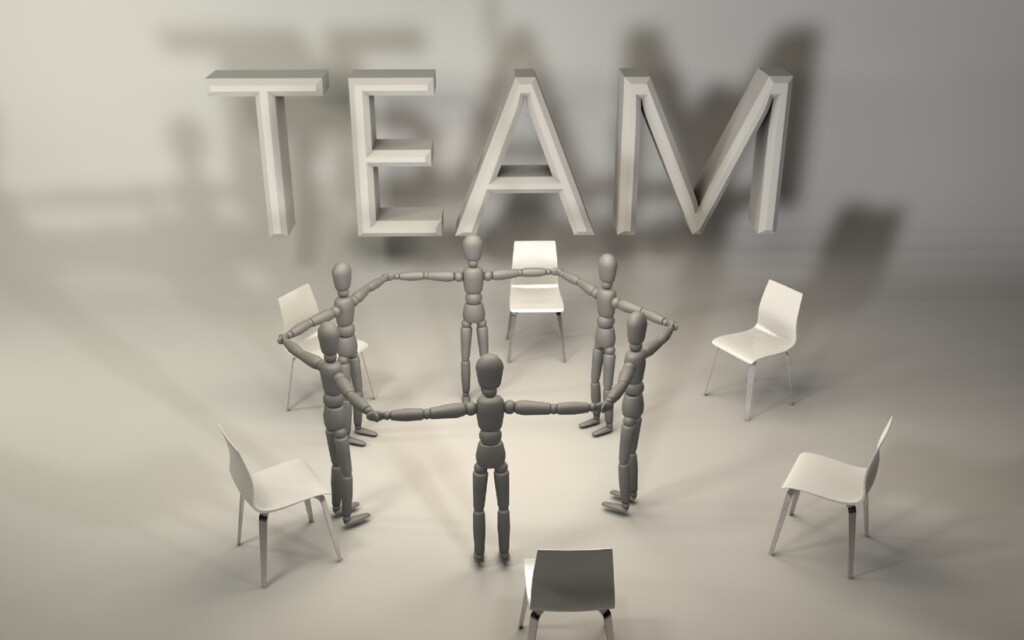May 17, 20240 Comments
Building Strong Project Teams in Nigeria
- Chris Ogbonna

Guidance Note:
Team Composition for Success
Building a diverse and effective project team is crucial for success in Nigeria. Here’s how to achieve this:
- Identify Necessary Skillsets: Clearly define the skills and experience required for each team member. Seek individuals with technical expertise, strong communication abilities, and a commitment to the project’s goals.
- Embrace Diversity: Build a team with diverse backgrounds, perspectives, and skillsets. This can lead to more creative solutions and a deeper understanding of the project’s impact on the Nigerian context.
- Fostering Collaboration: Create a team environment that encourages collaboration and knowledge sharing. Utilize team-building exercises, regular meetings, and open communication channels to build trust and cohesion.
Navigating Cultural Differences
- Recognize Cultural Communication Styles: Be aware of potential differences in communication styles within the team. Nigerians may value a more indirect approach with an emphasis on respect for hierarchy. Encourage active listening and clear communication to avoid misunderstandings.
- Leverage Cultural Strengths: Utilize the strengths of various cultural backgrounds within the team. For example, some cultures may prioritize strong interpersonal relationships, while others may excel at analytical thinking. Leverage these strengths for a well-rounded team dynamic.
- Cultural Sensitivity Training: Consider providing cultural sensitivity training for team members to foster mutual understanding and respect.
Communication Strategies
- Effective Communication Within the Team
- Utilize Appropriate Channels: Choose communication methods that fit the context and urgency of the message. Consider a mix of email, face-to-face meetings, instant messaging platforms, or project management software, depending on the situation.
- Active Listening: Encourage active listening within the team. This involves paying close attention, asking clarifying questions, and offering feedback.
- Transparency and Open Communication: Maintain open and transparent communication with team members. Share information readily, address concerns proactively, and encourage feedback.
2. Communication with Stakeholders
- Culturally Sensitive Communication: Adapt your communication style to fit the needs of your stakeholders. Respect cultural norms and hierarchy when communicating with local partners, for example.
- Managing Expectations: Clearly outline project goals, timelines, and potential challenges with stakeholders. This helps manage expectations and avoid misunderstandings.
- Regular Updates: Provide stakeholders with regular updates on project progress through reports, meetings, or presentations. Keep them informed and engaged throughout the project lifecycle.
Conflict Resolution
- Foster Open Communication: Establish an environment where team members feel comfortable voicing concerns and addressing conflicts openly.
- Cultural Approaches: Be aware of potential cultural approaches to conflict resolution. Mediation with a respected leader within the team might be a preferred method in some situations.
- Focus on Solutions: When conflicts arise, focus on finding solutions that benefit the project and maintain team harmony. Utilize problem-solving techniques and encourage collaborative decision-making.
By following these tips, you can build a strong project team that effectively manages cultural differences, communicates clearly, and resolves conflicts constructively. This will lead to a more successful and impactful project execution in Nigeria.


